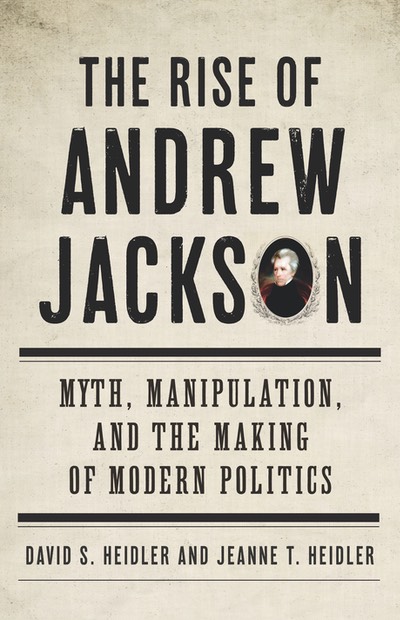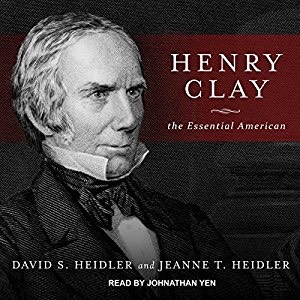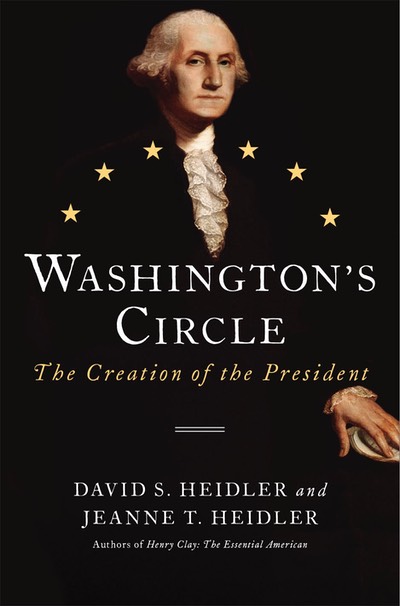If it seems that Father's Day has always been around, in a way it has. This year marks its 105th anniversary. Conventional accounts place its origin in 1910 as the brainchild of a determined lady from Spokane who thought the traditional emphasis on American motherhood was a disservice to an equally important component of the parenting partnership. Sonora Dodd, the matron from Washington state who became the driving force behind Father's Day, would not have put it that way, but that was essentially her sentiment.
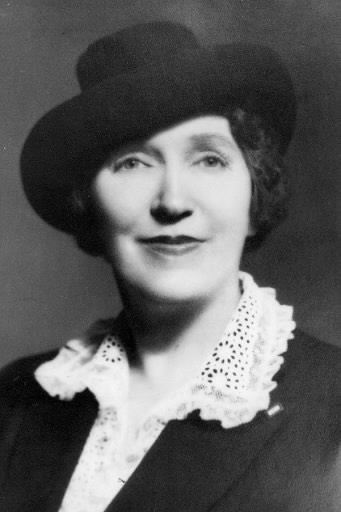
Sonora Dodd
Although Father's Day was from the start envisioned as a moneymaker — Mrs. Dodd herself did not object to its promotion as a commercial enterprise — it was also supposed to be a day for reflecting on the real burdens that fatherhood imposes and the considerable sacrifices it requires. For at least one day each year, not just kids were to honor their fathers, but the country was to recognize them for performing the crucial job of providing children sustenance, sheltering them from a harsh world, and guiding them along proper paths to deal with that world when the time came for them to take it on. It says something about modern times that such an idea would spring into being in the first place, and even more that it would take root as an institution as the years passed. There is something curiously modern about the celebration that our forebears would have found peculiar.
In the century prior to Mrs. Dodd's epiphany about overlooked dads, Americans would have been mildly surprised at best by the notion that fathers merited only a "day." Americans of the nineteenth century were inclined to embrace the instruction that children should honor both parents each and every day as a matter of custom informed by Biblical injunction. It was a form of mental hygiene like the physical one of brushed teeth and scrubbed ears.
One consequence of the notion that fathers should have a day of their own is an expectation that they should behave a certain way for the other 364. Under the catch-all rubric of "parenting skills," not only must they play catch, they must be psychological counselors, chauffeurs, cheerleaders, and genial servants to their children, supplying not just material needs but bending their adult perspectives to accommodate the presumed wisdom of childish innocence. Gone are the days of autocrats at the breakfast table or of Clarence Day Sr.’s imperious authority made famous in Life with Father.
Noticeable from an historical perspective is how a changing attitude has distorted our perception of the way parents behaved in the past, which has prompted unfair and harsh judgments about them. When John Adams ultimately resigned himself to the fact that one of his sons was an irredeemable alcoholic and disowned him, nobody at the time concluded that the boy's boozing was his father's fault or that the father's hard response to his son's profligacy was objectionable. Abraham Lincoln could be a doting father, but something about his oldest boy Robert rubbed him the wrong way. He was candid in his assessment of Robert as a “rare-ripe sort.” Lincoln told his friend Joshua Speed that Bob was “smarter at about five than ever after.”
When Henry Clay was secretary of state, one of his boys crawled into a bottle during a spree in Philadelphia and wound up in jail for bad debts. Clay sent a check but tightened the reins. Later, when his oldest son plainly lost his mind and held a neighbor's family at gunpoint for a few tense hours, Clay cooperated in the proceedings that committed the young man for the rest of his life to an insane asylum. Nobody at the time probed the past of the Clay family for insufficient parenting skills toward the boy bounder or criticized him for insensitivity toward his criminally insane son.
The modern lens, though, depicts the past as woefully deficient in therapeutic outreach. It observes from an Olympian vantage to find parents at the root of all the child's shortcomings and especially condemns fathers for insensitive responses to misconduct. The famous father, in this formulation, imposes even greater burdens on hapless children by casting a long shadow and saddling them with unrealistic expectations. In the case of Clay, for many years biographers either ignored his family life, particularly his conduct as a father, or they dismissed it as inconsequential except to note the "famous father" curse, something that has become a cliché. The shifting attitude embodies the therapeutic insistence. Eventually one modern observer even labeled Clay a "wretched father."
Strange, that. And moreover, it is patently unfair as an observation and spectacularly inaccurate as an assessment. In fact, Henry Clay was devoted to all of his eleven children and was devastated by the afflictions that assailed them, was gutted by the loss of six daughters, and if anything was overly attentive to the point of hovering over the boys who survived. When Clay was dying in 1852, one of those sons, James, poignantly declared that "he has been to me the best of fathers, and in losing him, I shall also lose the best & almost only true friend I have ever had." In 1910, Sonora Dodd thought fathers deserved a special day. James Clay had beaten her to it fifty-eight years earlier with a quiet tribute to a man he had come to know as very great indeed, no burdens or strings attached.
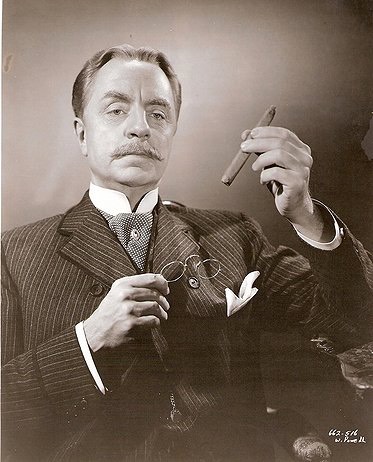
William Powell portrayed “Father” to perfection in the 1947 film Life with Father
Father in Clarence Day Jr’s house was an archetype, the sovereign of his castle, and the children (all boys) were accustomed to his eccentricities and moods. Trivial matters exasperated him, always prompting him to exclaim “Gad!” in frustration, and everyone knew it was best to give him a wide berth at such times. The boys went to their mother when they wanted something costly, confident that she would be able to persuade Father to pay for it, and most of the time they were right as she delightfully subverted his authority in small things. Yet when confronted by large and important matters, Father was never exasperated and never challenged. He was calm, a rock for his family, a lion to anything in the world that would harm them. "Clarence," he said to his oldest boy, "King Solomon had the right idea about these things. 'Whatsoever thy hand findeth to do,' Solomon said, 'do thy damnedest.'"
Every son and daughter knows the feeling, which doesn’t need a day but harkens back to Mr. Day himself, whose taciturnity defined an American motif in fatherhood when it came to expressing sentimental feelings. There were no greeting cards, but there was the quiet poetry of the heart, which is called love but doesn’t necessarily need a recitation. Fathers every day of the year do, as Solomon per Clarence’s father instructed, their damnedest. Every day of the year is a good time to notice that, and to follow another Biblical injunction: Go ye and do likewise.
